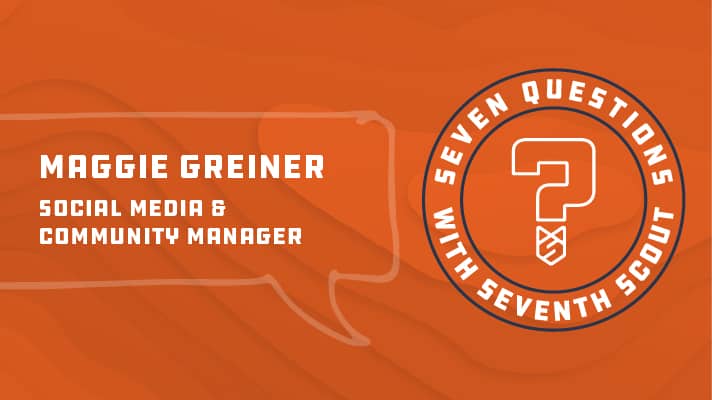What is Content Marketing?
The Content Marketing Institute defines content marketing as a “strategic marketing approach focused on creating and distributing valuable, relevant, and consistent content to attract and retain a clearly defined audience — and, ultimately, to drive profitable customer action.”
Content Marketing can come in many forms, such as blog posts, videos, images, how-to guides, and more. So, for example, if you manage an e-commerce store which sells shoes, rather than simply advertising your shoes, content marketing would mean that you create a (branded) video about “3 Ways to Clean Shoes Effectively” or “Top Shoe Trends That Any Generation Will Love.” This way, you attract the interest of an audience, who may have never heard about your brand otherwise, and while they may not buy from you immediately, they’ll build up enough trust from reading all of your content that at some point they become true customers.
If you’re still not convinced that content marketing can help with your e-commerce site, here are some more reasons that will help sway you.
It helps you stay current and relevant
Let’s continue to use the example of selling shoes. How do you know as a business which shoes to display on the homepage, or which shoes to feature on your next email to customers? You can easily do a quick online search to find out the latest trends to ensure what you promote is fashion forward.
Now this may seem easy to do, right? You search on Google to find out the latest trends and use this information to your advantage, but do you realize that in doing so that you’re sending traffic to those websites? Think about how your potential customers may be doing the same thing. Now, what if you decided to be the resource for those potential customers? You could be creating that content, getting that traffic to your website, building that trust with your audience, so that they could purchase from your brand without ever leaving your site!
Your site gets more traffic when you add keywords
Although it may sound like a lot, it’s a good idea to compile a list of up to 500 keywords which relate to your e-commerce site and the niche you’re looking to fill. Your keywords should be related (closely or loosely) to your e-commerce company, your services, and the products that you sell. You can then use this keyword database as a reference when creating blogs and social media posts as part of your content marketing. Having keywords in your content will help drive traffic to your site, especially if those keywords are highly searched.
Bear in mind, however, that Google is pretty clever, and will penalize you if you stuff your keywords into your content. For example, an e-commerce site selling candles shouldn’t begin a blog with:
“You know what’s great about candles? They’re candles. Candles are great at being candles. Speaking of candles…”
Learn more about keyword stuffing in this Hubspot blog.
It helps promote your brand on social media
If your audience isn’t being receptive to ads and platforms like Facebook continue to change their ad algorithms, what can help get your message out there? Content Marketing using social media.
Social platforms and your audiences love content. This generation has a thirst for learning and gets a thrill with being the first to know about ANYTHING especially in their circle of friends. Instead of searching, researching, and scratching your head for posting something clever on social media, you could create valuable content upstream and instantly share it. Posting content frequently not only helps build up your social feed, but it also helps promote your brand.
You build authenticity and trust with your audience
In recent years, there’s a growing trend of companies becoming more and more informal with their language and presentation, aiming to connect with their customers and depict themselves more as humans, less as bots. Although some e-commerce sites may like to maintain a sense of distance and professionalism in their branding, current content marketing trends show that “pulling back the curtain” per se and being more authentic with your customers is the way to go! If you’re a law firm or a medical practice, then this probably isn’t a great idea – however, if you’re a small business or business with a casual audience, you can probably afford to be a bit more laid back with your customers.
Being authentic with your customers enables you to earn their trust. People are naturally skeptical of companies, especially living in an age of scams and cyberfraud. Remember, at the end of the day, you’re trying to earn and retain their business. Authentic and down-to-earth content marketing campaigns will win business and aggressive sales tactics won’t.
The Takeaway
If there’s one thing to remember, it’s that your e-commerce site will not see a surge in potential customers right out of the gate, unless you have a content marketing strategy coupled with your e-commerce strategy. Content is king and your website, social media channels, and blog are the throne. But unlike the aristocracy, your audience will not follow you or buy from you unless you’re able to serve up something of value, something to get them to trust you, and something to win their hearts and minds.
Need help promoting your e-commerce site or building your next campaign that includes content marketing? Let Seventh Scout guide you.




